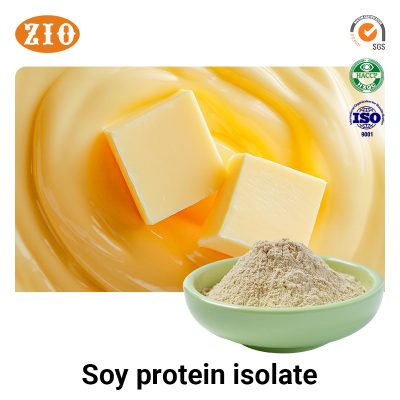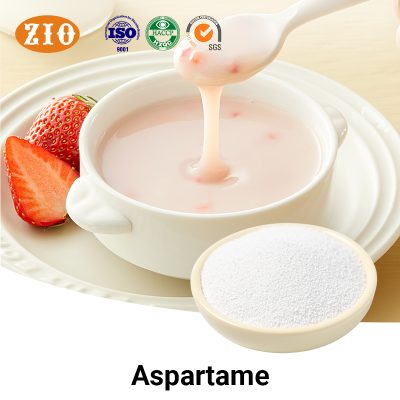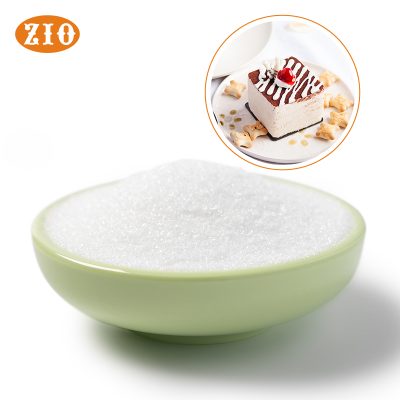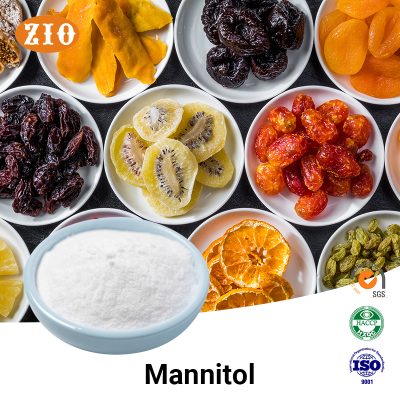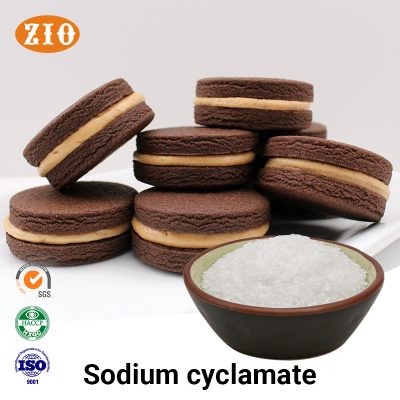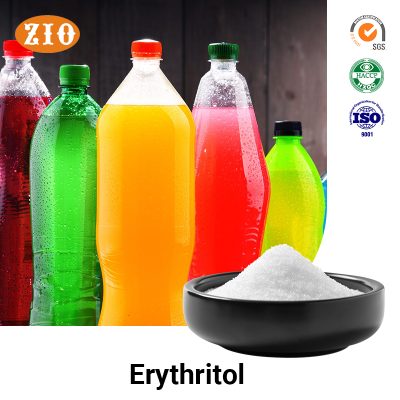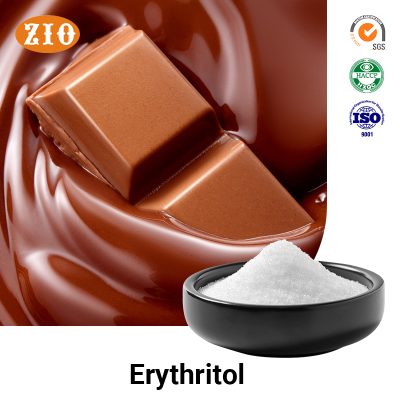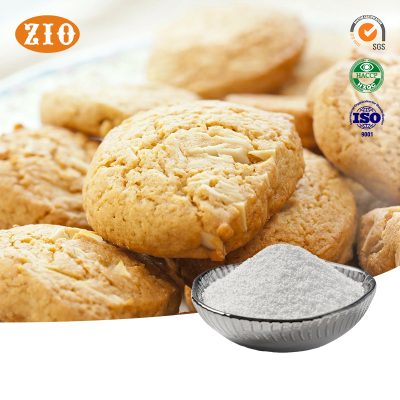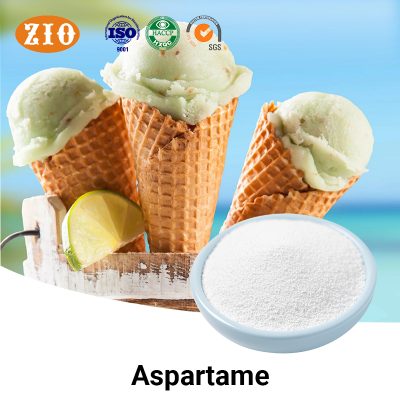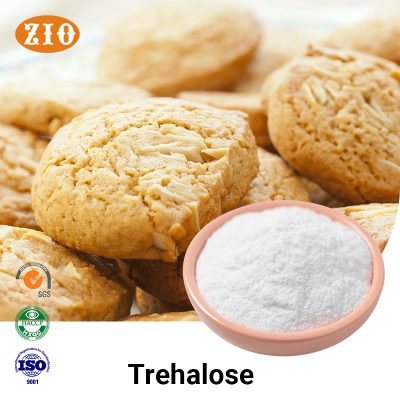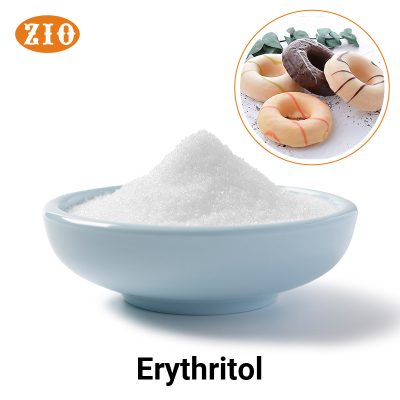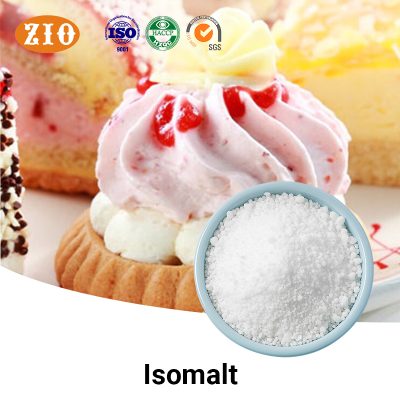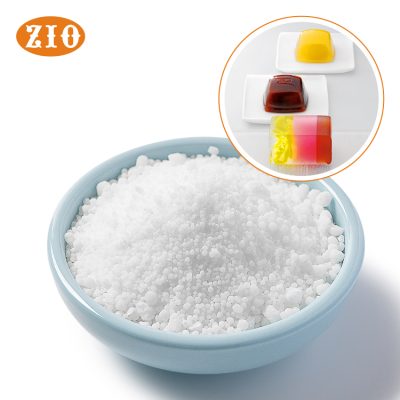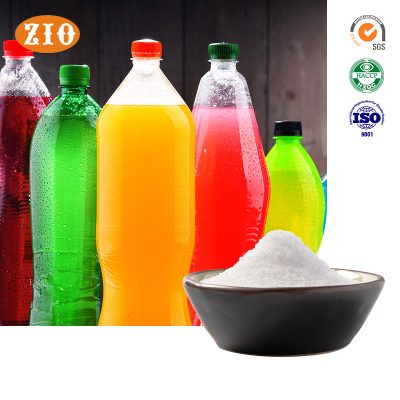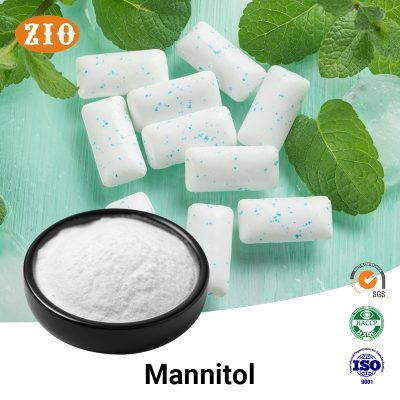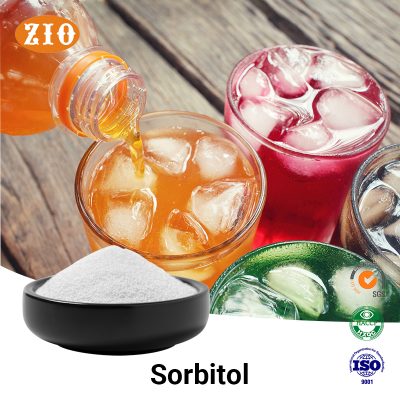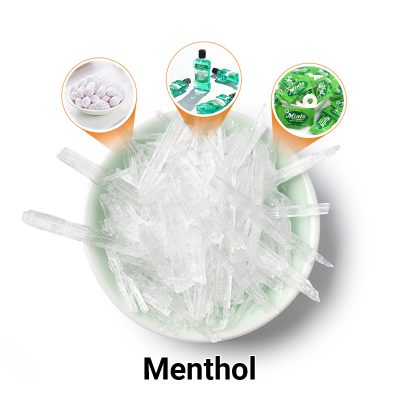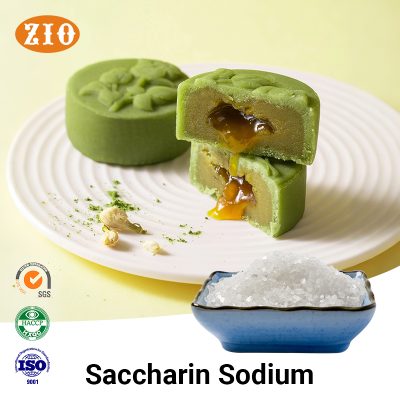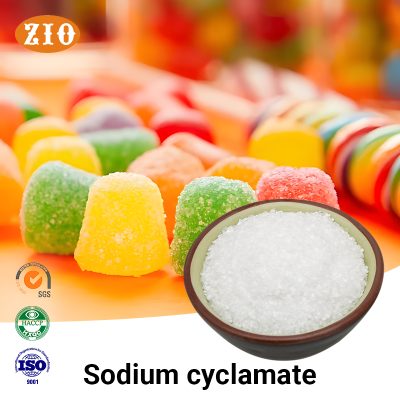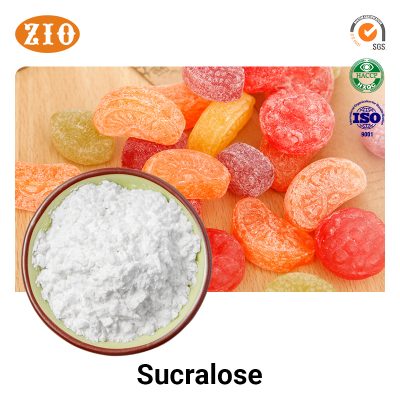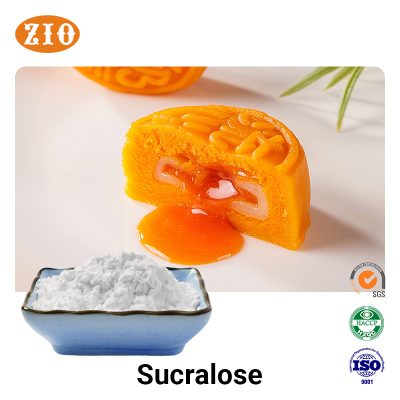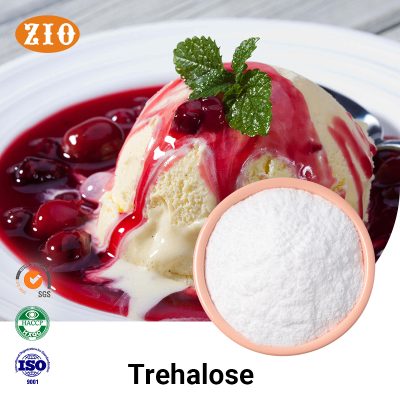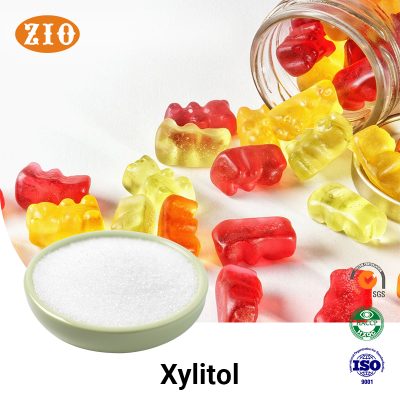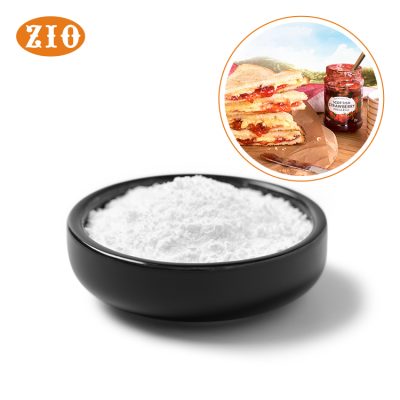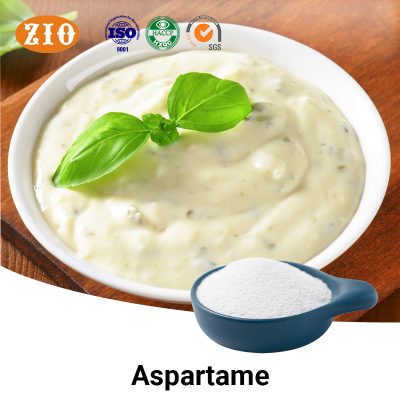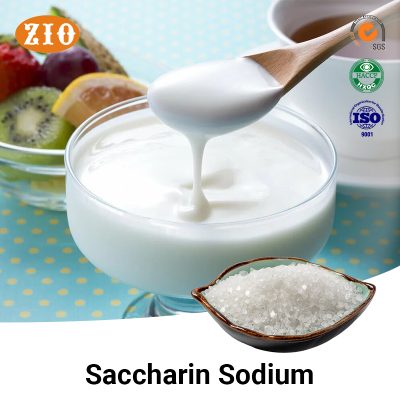Introduction
Modern baked goods often contain high amounts of sugar, which can lead to obesity, diabetes, and cardiovascular disease over time. Natural sweeteners, as alternatives to sugar, not only provide sweetness but also reduce calorie intake and blood sugar impact. This article explores common natural sweeteners used in baking, their advantages and disadvantages, and practical tips for effective use.
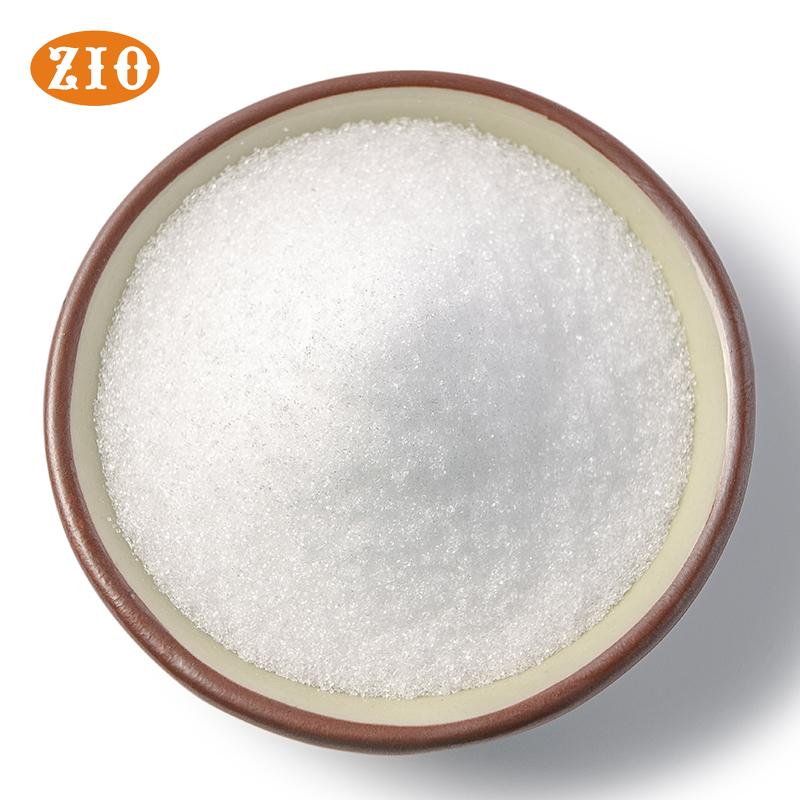
1. Common Natural Sweeteners
1. Stevia
- Zero-calorie, suitable for diabetics
- High sweetness, can partially replace sugar
- In baking, it is often combined with other sweeteners to improve texture and taste
2. Erythritol
- Extremely low in calories, minimal impact on blood sugar
- Similar mouthfeel to sugar, provides bulk for baked goods
- Excessive use may cause mild gastrointestinal discomfort
3. Monk Fruit Extract
- High sweetness, zero calories
- Suitable for cakes, cookies, and beverages
- May have a slight fruity aftertaste if used alone
4. Honey and Maple Syrup
- Contains natural glucose and fructose
- Adds moisture and unique flavor to baked goods
- Lower GI than sucrose but still contributes calories
2. Baking Tips with Sweeteners
- Mix sweeteners: e.g., stevia + erythritol to improve taste and volume
- Adjust liquid content: reduce other liquids when using liquid sweeteners
- Monitor baking temperature: some natural sweeteners are heat-sensitive, avoid burning or bitterness
3. Health Benefits
- Calorie reduction: helps with weight management
- Blood sugar control: low-GI sweeteners suitable for diabetics
- Oral health: sugar alcohols do not cause tooth decay
4. Daily Baking Recommendations
- Start by partially replacing sugar and gradually adjust proportions
- Combine with whole grains and high-fiber ingredients for better nutrition
- Store properly to avoid moisture absorption or degradation of sweeteners
5. Conclusion
Natural sweeteners can effectively replace sugar in baking, reducing calorie intake and blood sugar impact while maintaining delicious flavors. Scientific selection and proper use, combined with healthy ingredients and baking techniques, can produce healthier baked goods.
Article 5: The Impact of Sweeteners on Weight Management
Introduction
Obesity is closely linked to chronic diseases, and sweeteners play a critical role as sugar substitutes in controlling calorie intake. This article analyzes the impact of sweeteners on weight, practical strategies, and precautions.
1. How Sweeteners Affect Weight
- Reduce calorie intake: replace sucrose to lower overall energy consumption
- Appetite regulation: some sweeteners may influence satiety through brain taste perception
- Psychological compensation: some people may consume more high-calorie foods after using sweeteners
2. Sweetener Types and Effects
1. Zero-Calorie Artificial Sweeteners
- Aspartame, sucralose, Acesulfame K
- Extremely low in calories, help reduce overall energy intake
2. Sugar Alcohols
- Erythritol, xylitol, maltitol
- Low-calorie, similar texture to sugar
- Excessive use may cause bloating
3. Natural Sweeteners
- Stevia, monk fruit
- Zero or low-calorie, suitable for weight management
3. Usage Strategies
- Replace, don’t add extra: use sweeteners instead of sugar, not in addition
- Control total intake: avoid compensatory overeating
- Combine with healthy diet: high-protein and high-fiber foods enhance satiety
4. Precautions
- Children, pregnant women, and special populations should use sweeteners in moderation
- Excess sugar alcohols may cause gastrointestinal discomfort
5. Conclusion
Sweeteners are effective tools for calorie control and weight management, but scientific use is essential. Combined with a healthy diet and lifestyle, they can help achieve weight management goals.


 TOP5 citric acid products sold in china by 2024
TOP5 citric acid products sold in china by 2024